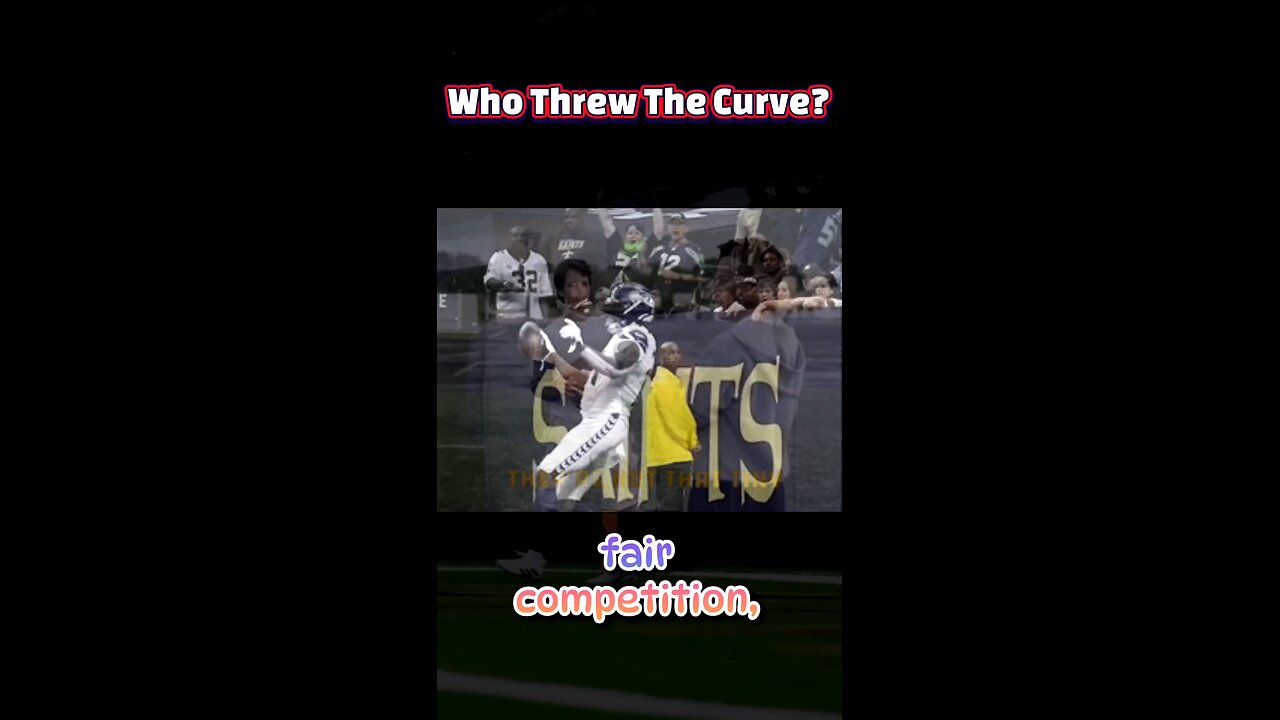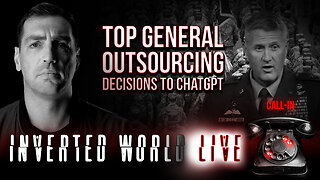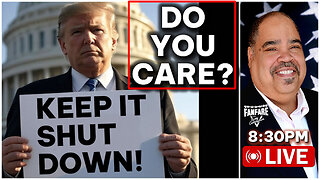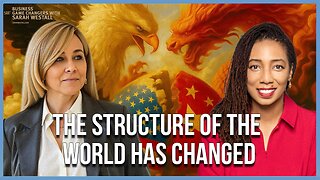Premium Only Content

Fixed Games & Broken Trust: Are Betting Scandals Killing Sports?
#SportsBetting #GamblingScandal #MatchFixing #FairPlay #SportsIntegrity #BettingBetrayal #GameOnGambleOn #InsideSports #KeepItClean #FanTrust #nba #nfl #nhl #mlb
Sports betting has grown from back‐alley wagers to a multibillion-dollar industry, fueled by online platforms and relaxed regulations. Major leagues now partner with sportsbooks, but high visibility doesn’t eliminate hidden risks. Recent scandals, from point shaving in college basketball to match-fixing in soccer, underscore a looming question: does gambling undermine the very essence of competition? This video explores how scandals have tainted fan trust, strained institutions, and prompted a regulatory tug-of-war over the future of sport.
Eroding Integrity on the Field
When athletes, referees, or coaches are tempted by illicit gains, the core appeal of sport, fair competition, crumbles. The 1919 Black Sox scandal offered an early warning, but today’s digital betting markets amplify both opportunity and anonymity for cheaters. High-profile arrests and lifetime bans have followed, yet illicit rings persist, often exploiting regulatory gaps. Each revelation chips away at fan confidence and stains team reputations, raising doubts about past achievements and future contests.
Cultural and Economic Ripple Effects
Gambling scandals don’t just affect the scoreboard; they reshape the culture around sports fandom and spending. Fans disillusioned by corruption withdraw support, costing franchises millions in ticket sales, merchandise, and broadcast deals. Local economies that hinge on sporting events, hotels, restaurants, and retailers, feel the fallout too. Meanwhile, gambling advertisements tack onto every break, normalizing betting and potentially grooming vulnerable populations for addiction.
Regulating the Odds
League commissioners and lawmakers face an uphill battle balancing growth with safeguards. Measures include mandatory disclosures of large bets, enhanced integrity units, and partnerships with monitoring agencies. Yet state-by-state laws vary wildly, and enforcement lags behind technology. Betting operators tout voluntary self-exclusion and geo-fencing, but critics argue robust, uniform regulation, and stiffer penalties for offenders, remains the only path to preserving sport’s credibility.
Betting on the Future of Sport
Gambling in sports is neither inherently evil nor universally beneficial. It can enhance engagement and revenue when properly managed, but without vigilant oversight, scandals will continue to erode fan trust and the spirit of fair play. The onus falls on leagues, regulators, and betting companies to forge transparent rules, share data, and enforce integrity with zero tolerance. Only then can sports reclaim a future where competition, and not the lure of quick profit, drives every game.
-
 LIVE
LIVE
Badlands Media
9 hours agoDEFCON ZERQ Ep. 014
7,854 watching -
 LIVE
LIVE
Inverted World Live
5 hours agoTop General Outsourcing Decisions to ChatGPT | Ep. 127
2,760 watching -

Laura Loomer
4 hours agoEP151: Democrats Meet With Terror Tied Islamic Group During Government Shutdown
9.46K11 -
 3:02:06
3:02:06
TimcastIRL
4 hours agoPortland Police PROTECT Antifa From DHS Arrest, Trump Admin Says SEND IN THE GUARD | Timcast IRL
186K111 -
 2:49:50
2:49:50
Barry Cunningham
3 hours agoPRESIDENT TRUMP SPEAKS TO THE PRESS...NO DEALS! DO YOU CARE IF THE GOVERNMENT STAYS SHUT DOWN?
26.6K14 -

Tundra Tactical
1 hour ago🚨🚨Emergency Gun News!!!!🚨🚨 Did Glock Just Cave To Liberal Pressure?? Current Glocks Done?
8.26K -
 1:02:57
1:02:57
Sarah Westall
5 hours agoStructure of the World has Changed and Getting Back to Basics w/ Stacy Washington
24.8K5 -
 6:34
6:34
Buddy Brown
7 hours ago $0.03 earnedWatch What Happens When WELFARE QUEENS Get Denied FOOD STAMPS! | Buddy Brown
13.2K12 -
 LIVE
LIVE
Drew Hernandez
13 hours agoCHARLIE KIRK TRIAL JUDGE ISSUES GAG ORDER & U.S. MARSHAL ILLEGAL ALIEN SHOOTOUT?
946 watching -
 LIVE
LIVE
DLDAfterDark
2 hours agoIs Glock Anti 2A?? Glocks Terrible Recent Decisions & More
137 watching